He’s Lost His License. And He’s Still Behind the Wheel.
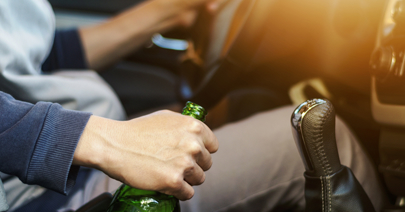
An Allies member is facing some tough choices. Her son has just lost his license but is continuing to drive—on her insurance, in a car she owns. Does she step back and let him face the consequences of his choices? Does she intervene right away, and if so, how? Allies writer Laurie MacDougall points out that no one can make such decisions for us. But through seven thoughtful questions, she offers a guide to making them ourselves.
My son lost his license yesterday and he is still driving today. Do I do anything, or just let the chips fall where they may? He is likely going to go to jail for 30 days if he gets caught. I don’t want to be the one to get him in trouble, but he won’t listen to me either. Plus, the vehicle and the insurance are in my name.
Thank you for writing in!
What I am hearing in your post is that you feel pushed and pulled at the same time. The car and the insurance are in your name, so you are worried about the consequences you might incur if he is using the car without a license. On the other hand, you don’t want to be the one responsible for your son experiencing negative consequences for his actions.
You also point out that he does not listen when you try to get him to see reason. I’m sure this is a very familiar experience for most family members in the Allies community!
To intervene or not to intervene
You ask us if you should let things just naturally occur or if you should do something about the situation. I’m going to encourage you to think it through yourself. I’d also like to ask you a few questions which I hope will point to some new ideas and concepts to think about.
Remember, you are the expert in your situation. That said, trying out new skills and strategies and practicing, practicing, practicing will strengthen and empower you. Investing in these won’t ever let you down. When future complications arise, you’ll be better prepared to hold to your beliefs and values, and to help your son to progress in a positive direction.
All right, let’s go. Among the questions you might ask yourself are:
- What are the consequences for you if your son is caught driving without a license? Does your insurance go up? Will they impound the car?
- If your son has to spend 30 days in jail, are you able to deal with that? What other consequences would he incur if this were to happen? Would he lose his job? If he does lose his job, could he find another one when he gets out?
- If he doesn’t experience negative consequences this time from driving around without a license (i.e., he doesn’t get caught), what is the likelihood that he will drive without a license in the future?
- What if you warn him that you will alert the police if drives without his license? Would he become angry? If a confrontation occurred, could you manage and regulate your emotions but still hold to your decision?
- If the car is in your name, could you just take the keys away, or disable the car in some way so that he cannot drive it? Could you offer him transport if he needs to be somewhere?
- What about giving him access to a bike so he can get around?
- What, in all of this, is most important to you?
I’m hoping these questions can help you sort through what you’re willing and unwilling to tolerate. I’m sure there are factors at play here that I don’t about; that’s why I say that you’re the expert in your situation. Maybe your Loved One (LO) needs his car for work. Maybe he has a truck and hauls cargo or needs to bring equipment with him, meaning a bike is not an option. Or maybe your own work or transportation situation leaves you with no way of getting your son to where they need go. Analyzing and weighing the benefits and pitfalls of certain actions is something only you can do.
But do consider point #3. If your son does not experience some sort of negative consequences for driving without a license, this behavior is more likely to continue or happen again. In other words, if it works, his actions are being rewarded.
You may decide to let the chips fall where they may, allowing him to experience natural consequences for his actions. Or you may decide to take some sort of action yourself to stop him from driving without a license. Either way, consider as many aspects and outcomes as you can in advance, and then be resolute and confident about your decision.
Also, if this comes up again in the future, have a plan in place. Think about making it very clear what action steps you’ll take if he loses his license again, before agreeing to pay for the insurance and/or the car. Be prepared to follow through with what you’ve committed to, even if he becomes frustrated and angry.
A life-saving consideration
There is one situation in which I’d directly tell you what to do, and that is if you know he has been drinking or using. This is a safety issue for everyone. If you know that he is inebriated, you should take the necessary steps to keep him from driving. It may mean taking the keys away or calling the police—whatever you have to do to keep him off the road. It’s better to deal with his anger and frustration than the possible horrible consequences of driving while under the influence.
One thing you haven’t mentioned is why he lost his license. Was it because he was drinking and driving? If so, I would encourage you to put all other worries aside and do what you have to in order to keep him from driving. Take the keys, follow him to where he drinks and take the car, get him an uber, etc. Again, whatever it takes. You could always use the leverage of the use of the car to help move him in a more positive direction. You could let him know the conditions under which you’d consider letting him use it in the future. Those could include attending a program of some sort (like an Intensive Outpatient Program), getting a prescription for the vivitrol shot, and some extended time without him drinking. Again, the consequences of him driving while intoxicated—for you, him, and others—are just too high.
I know these situations are very challenging. Finding the best possible solution is not easy in any way. Just remember, you are knowledgeable about both your situation and your son. Tiny, baby steps towards change can make a real difference.
Hoping for the best for you both. Please keep us updated on your progress.

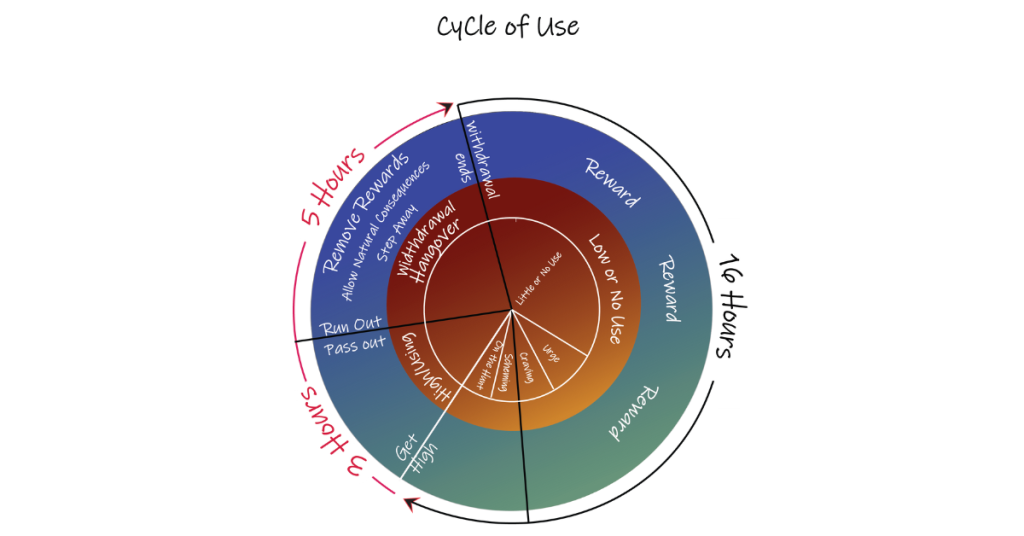
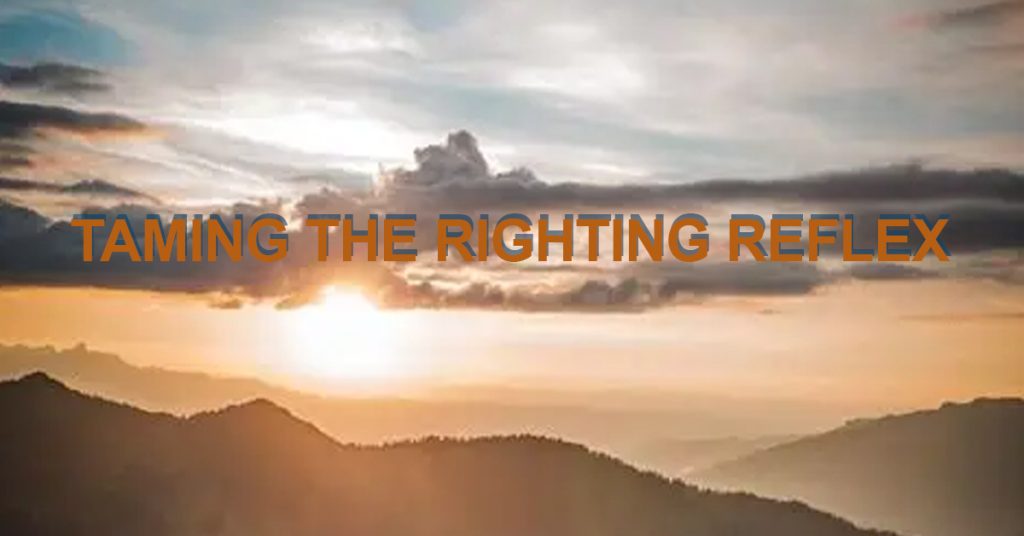
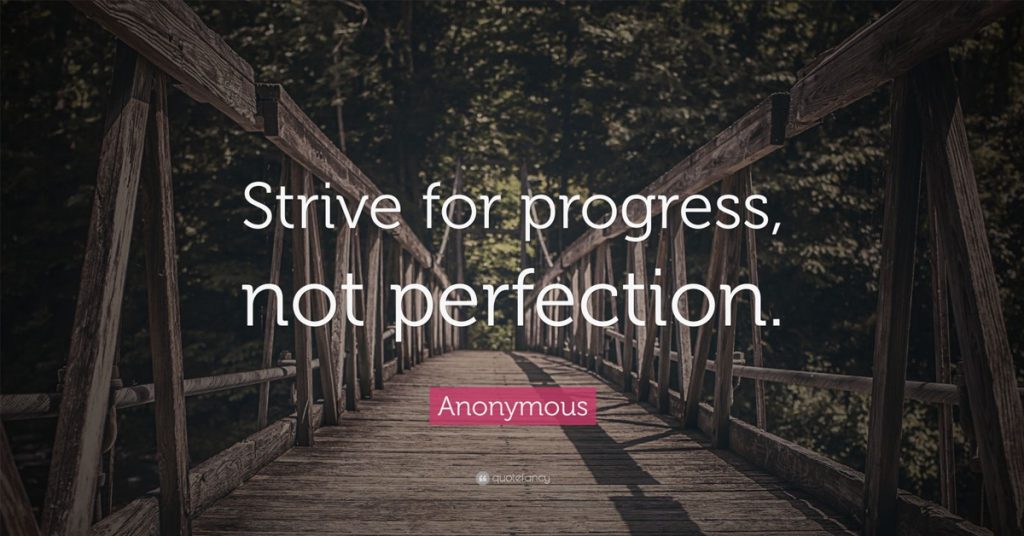

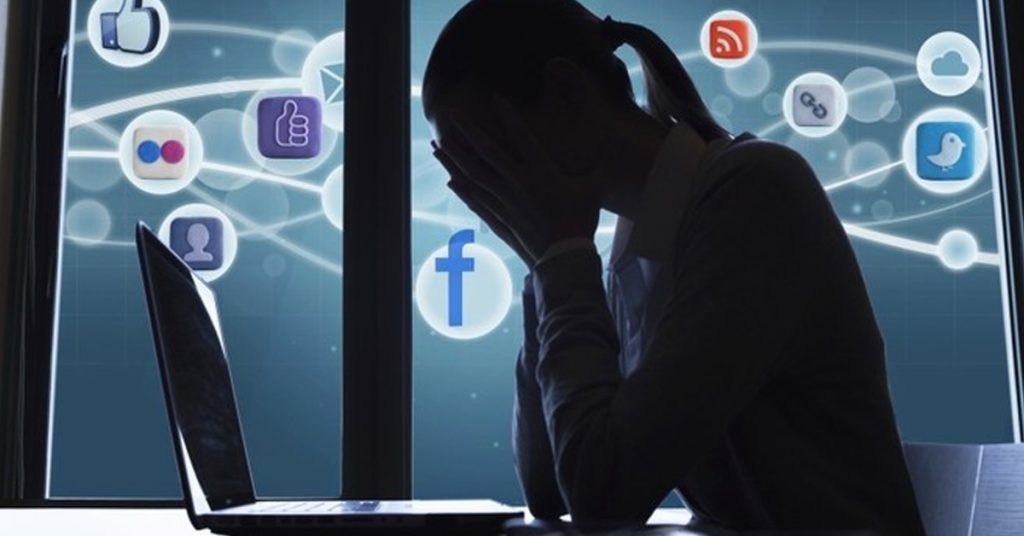
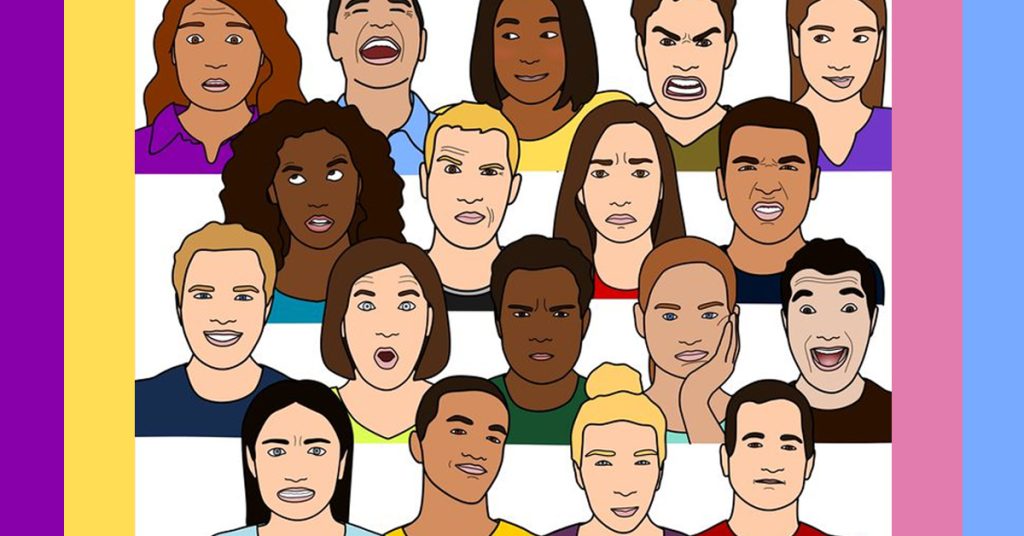

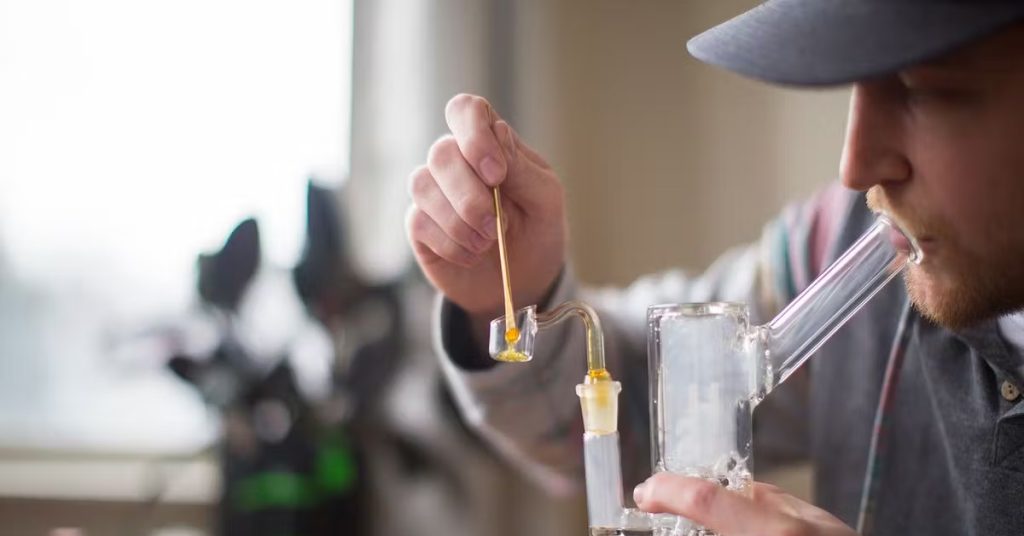

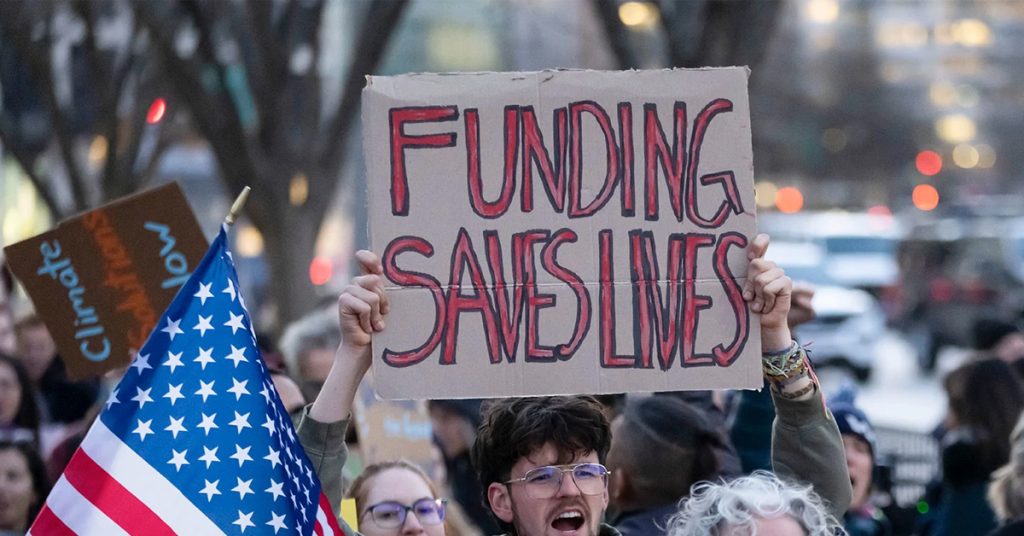
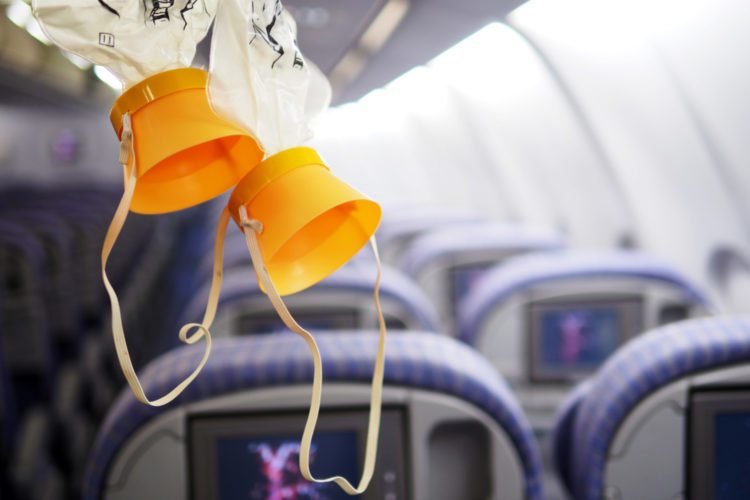
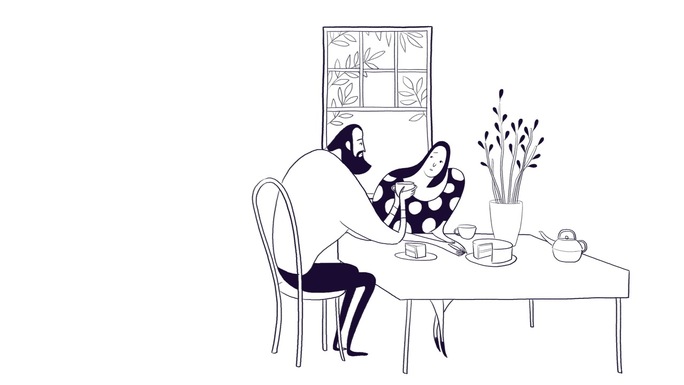

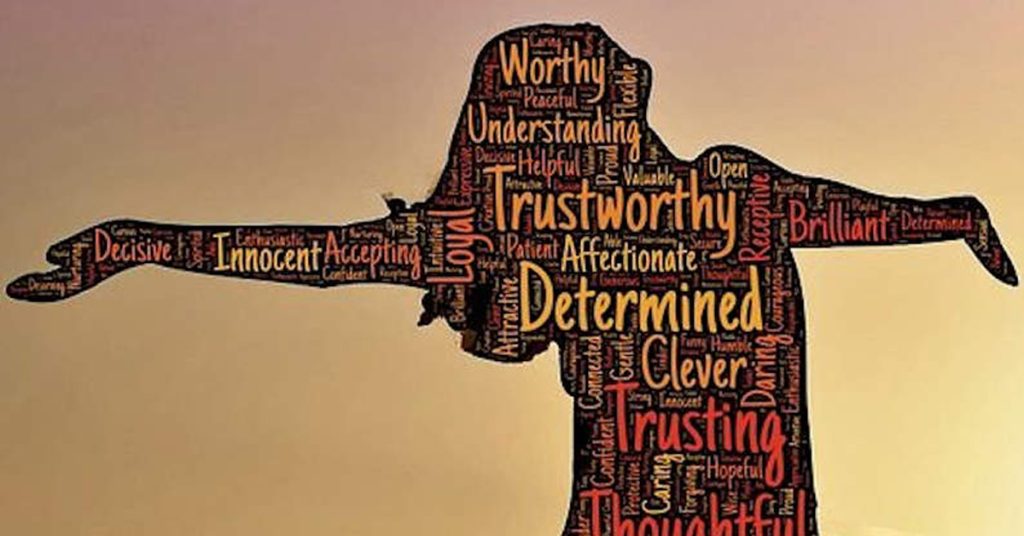
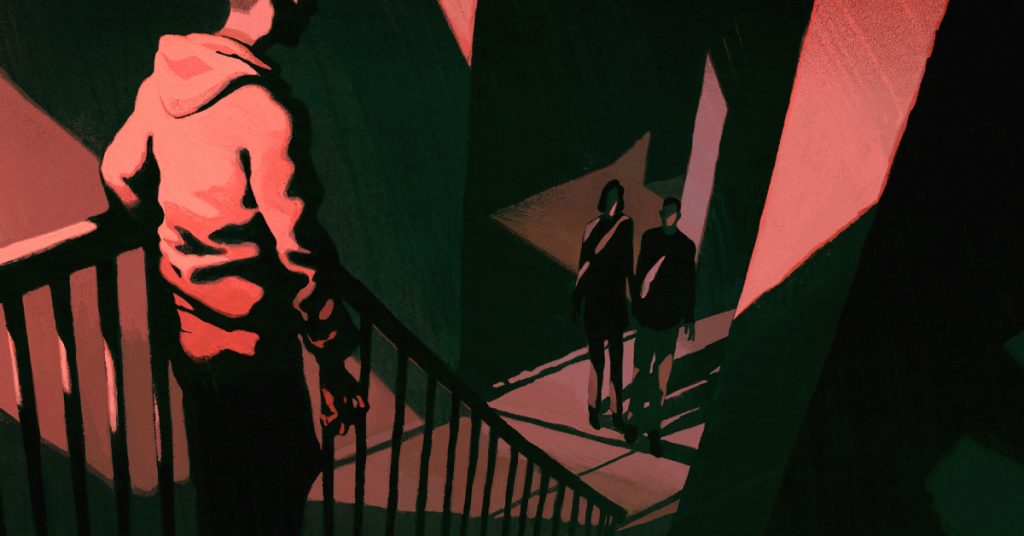
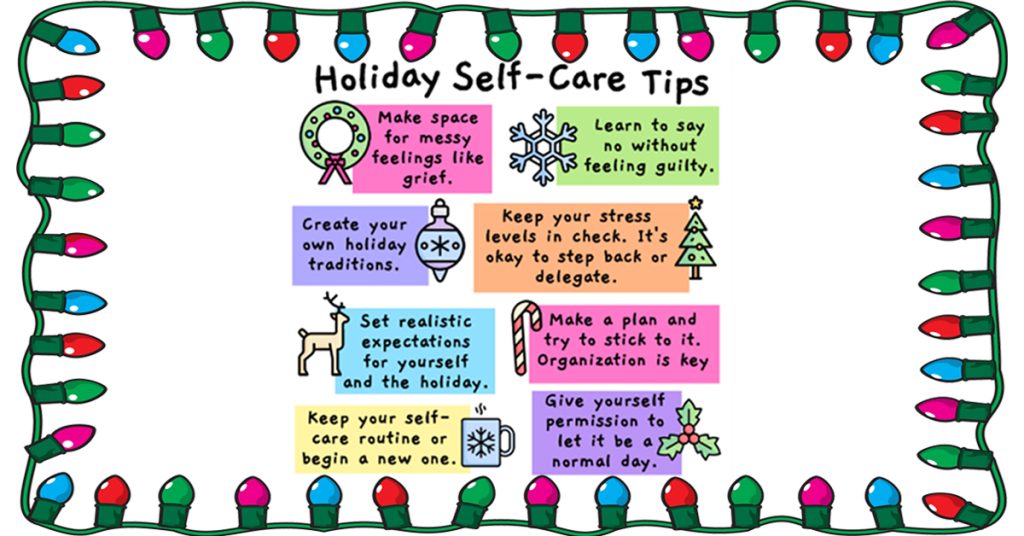






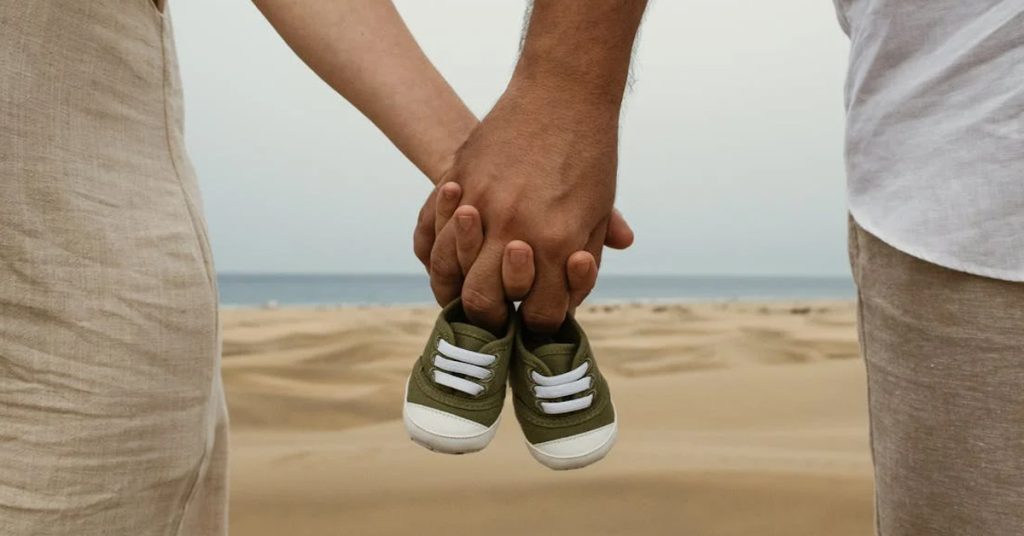

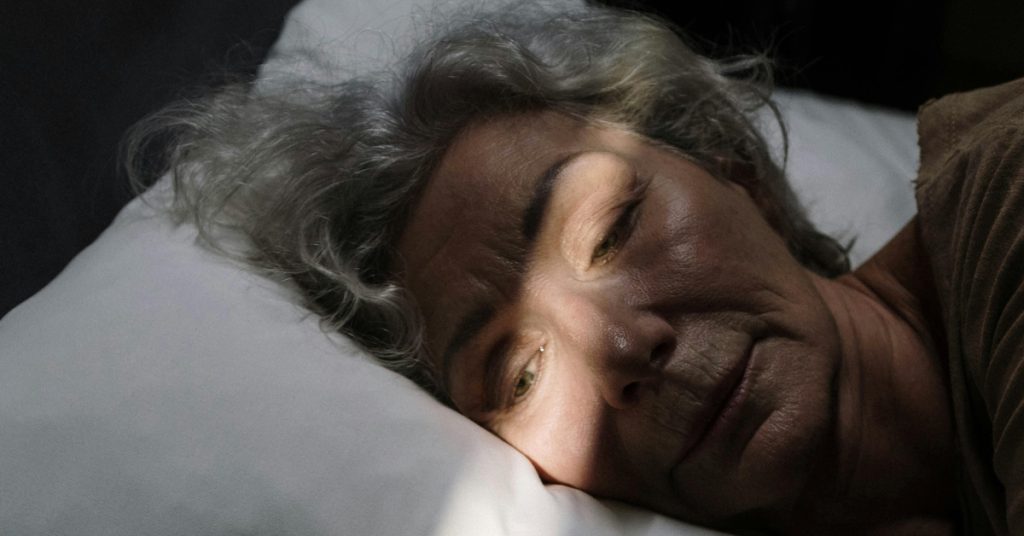
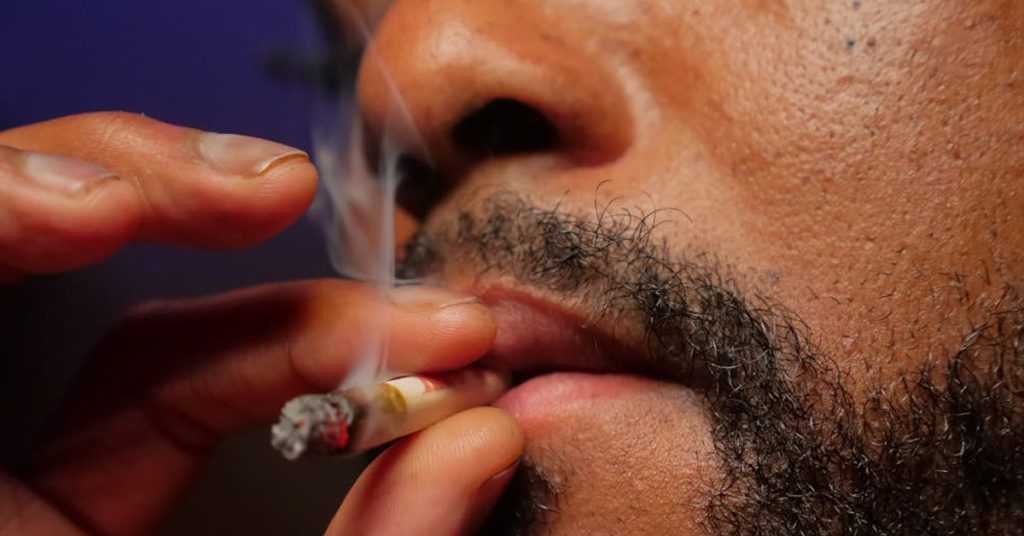

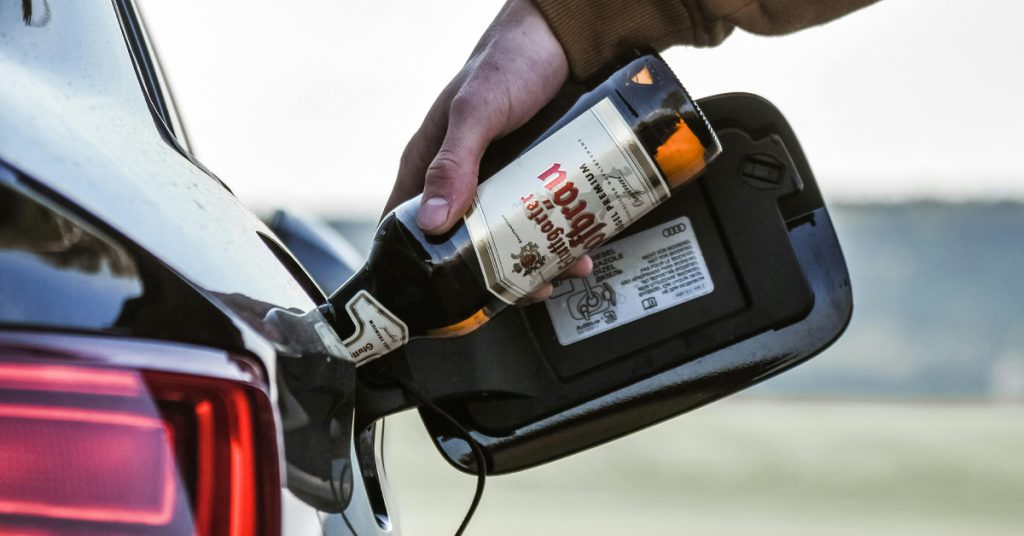
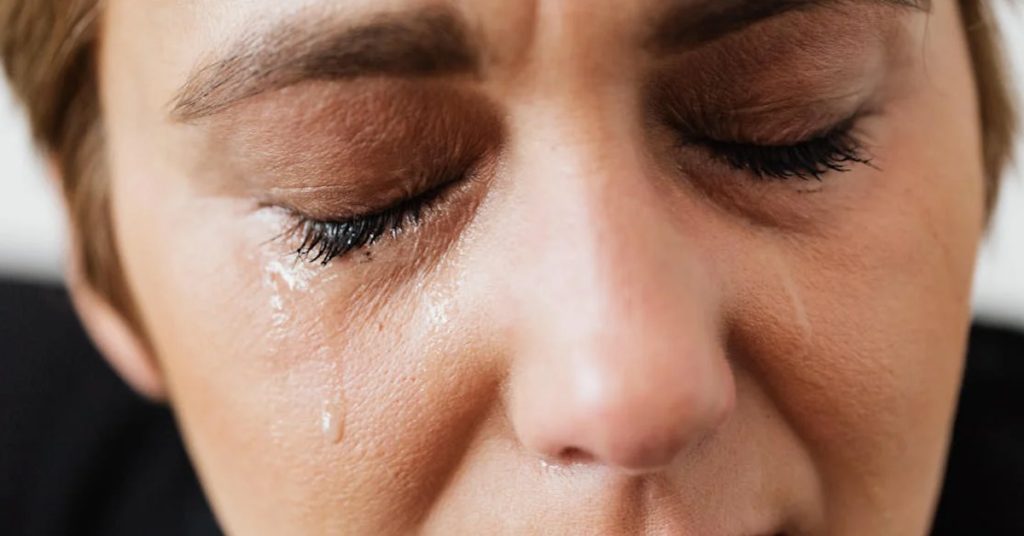

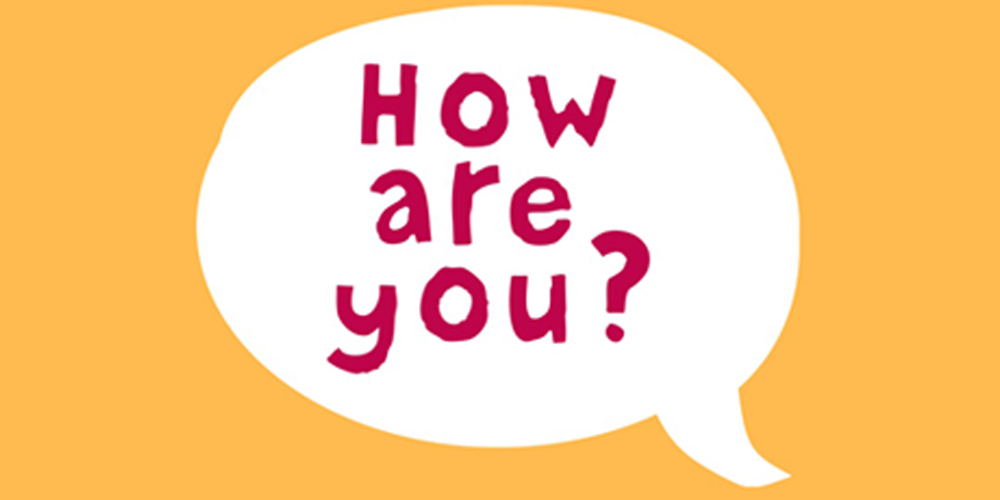
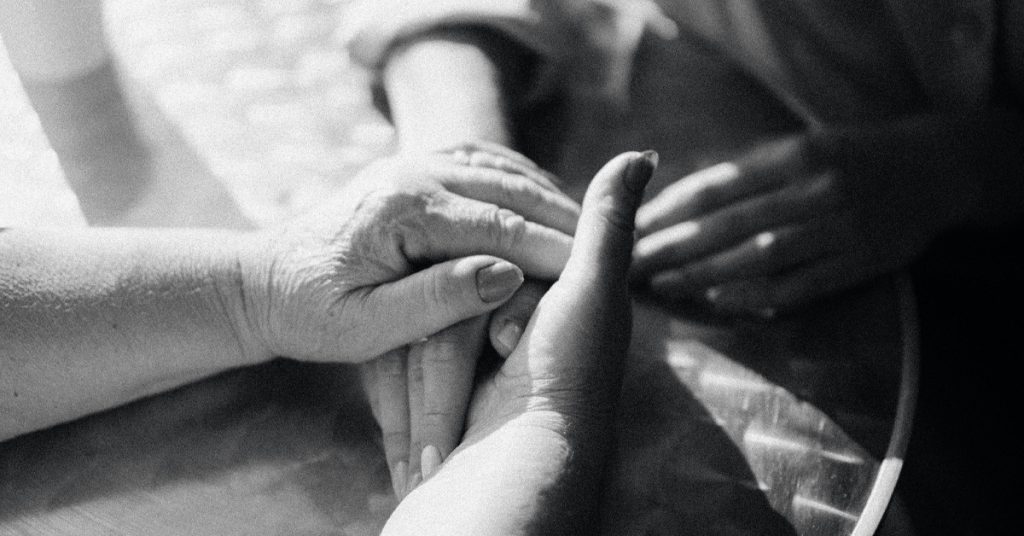
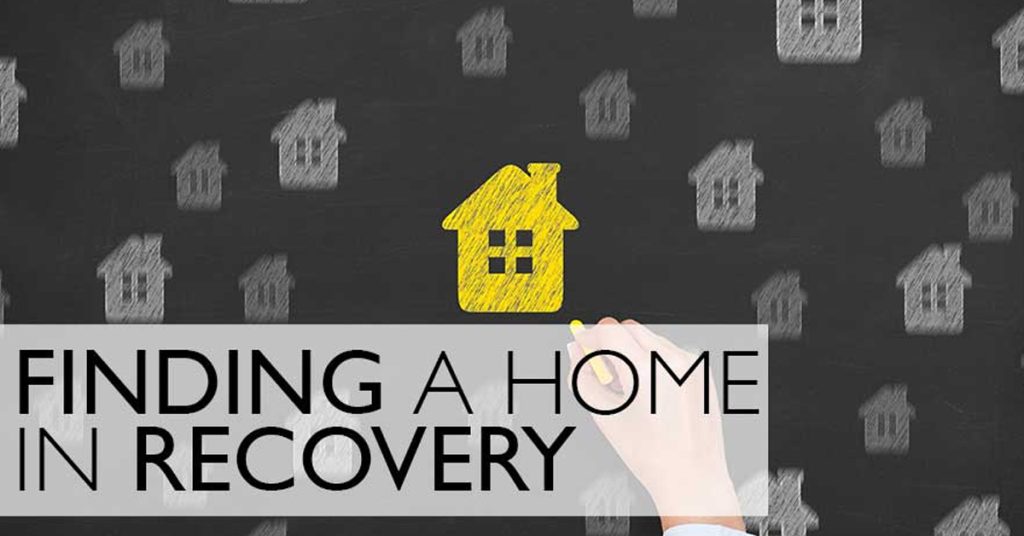
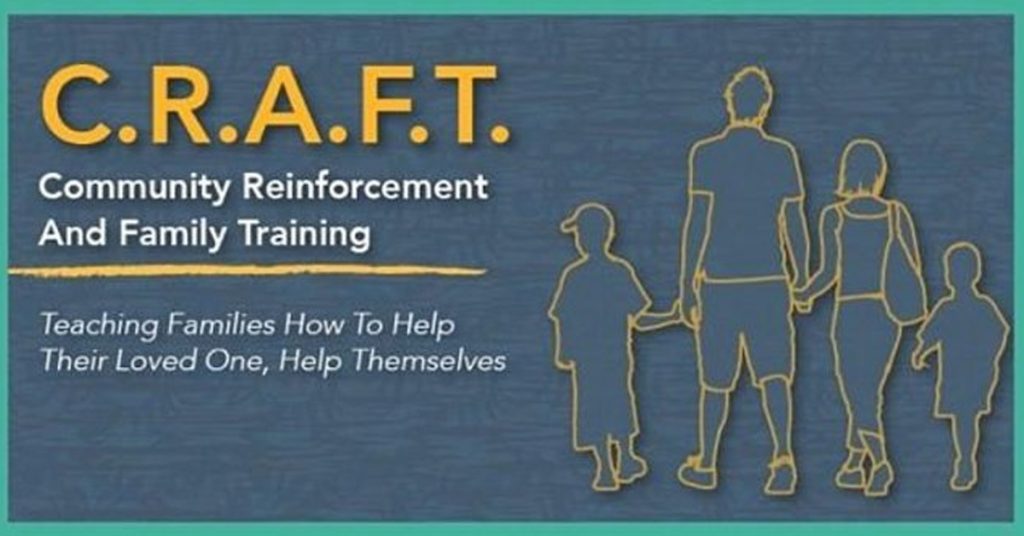
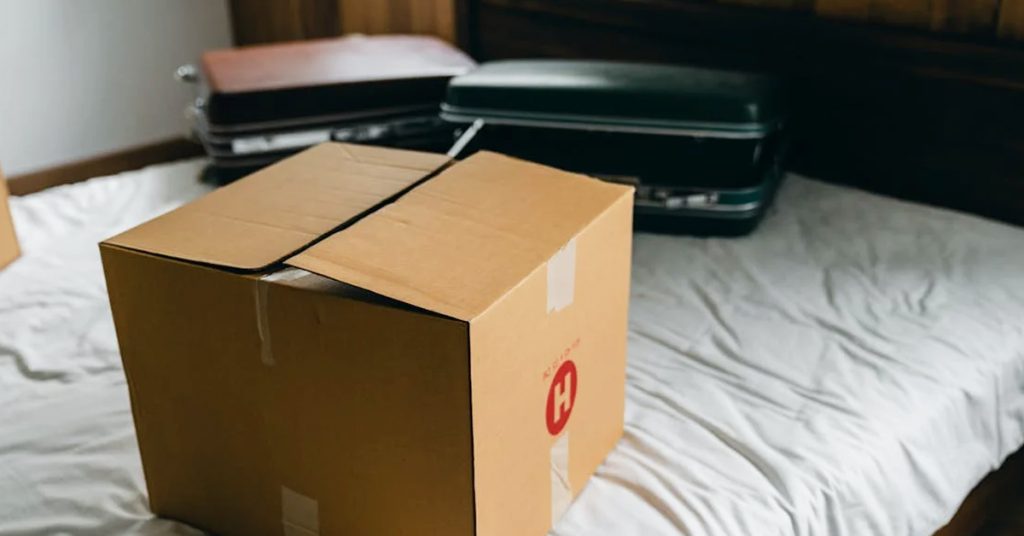


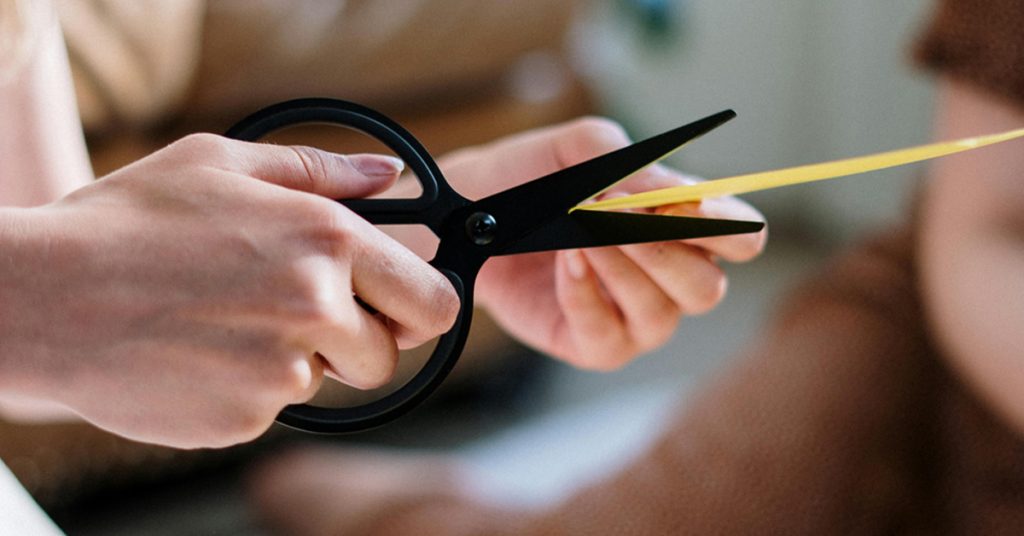
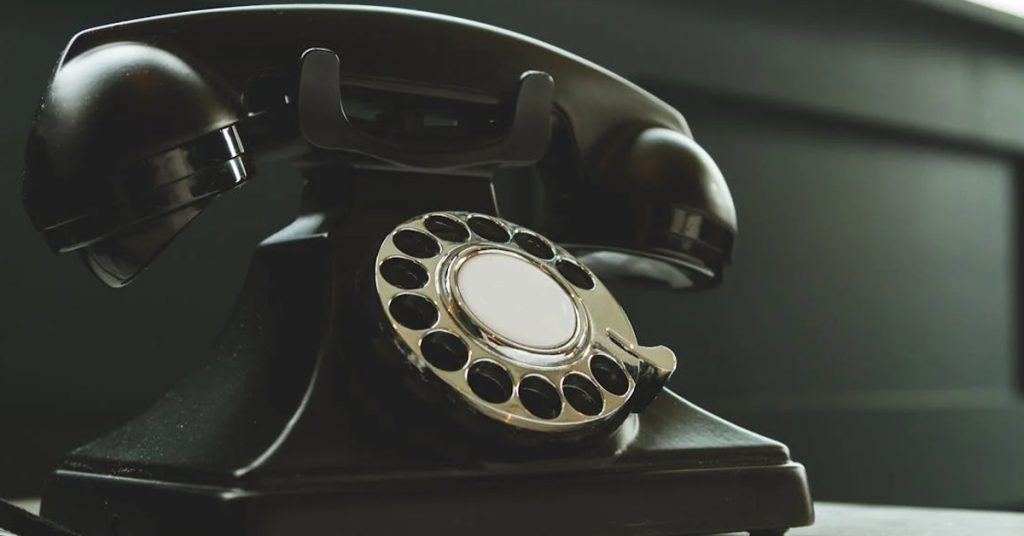



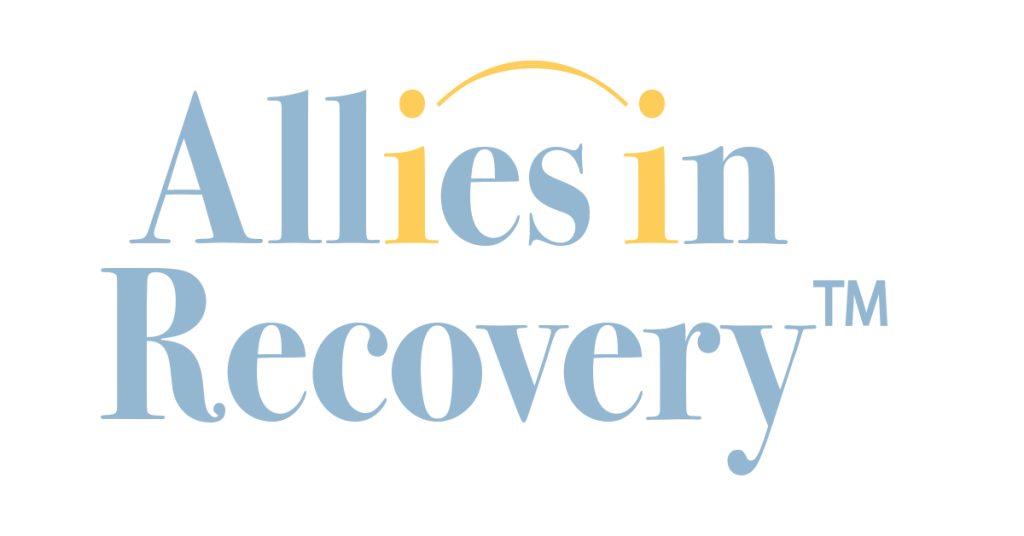
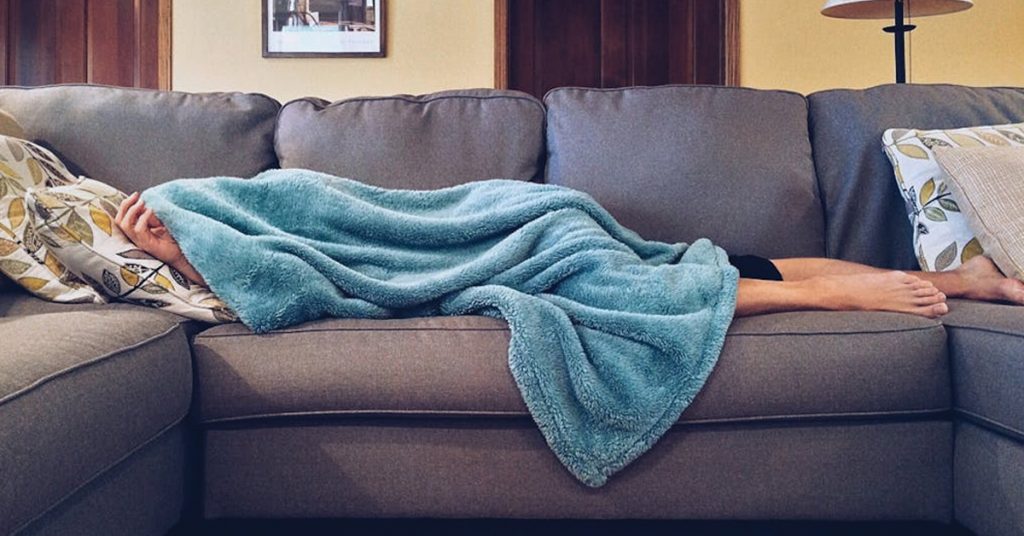

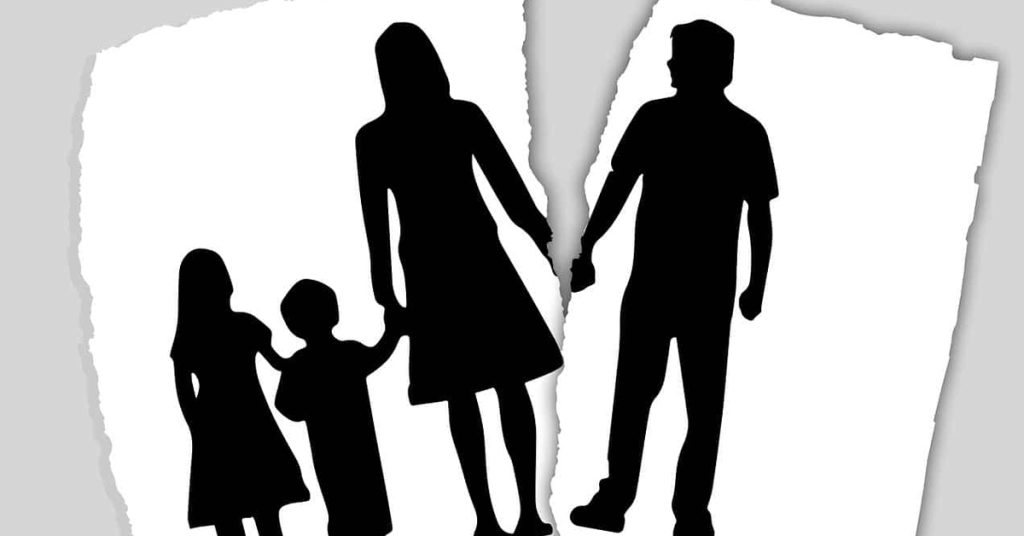
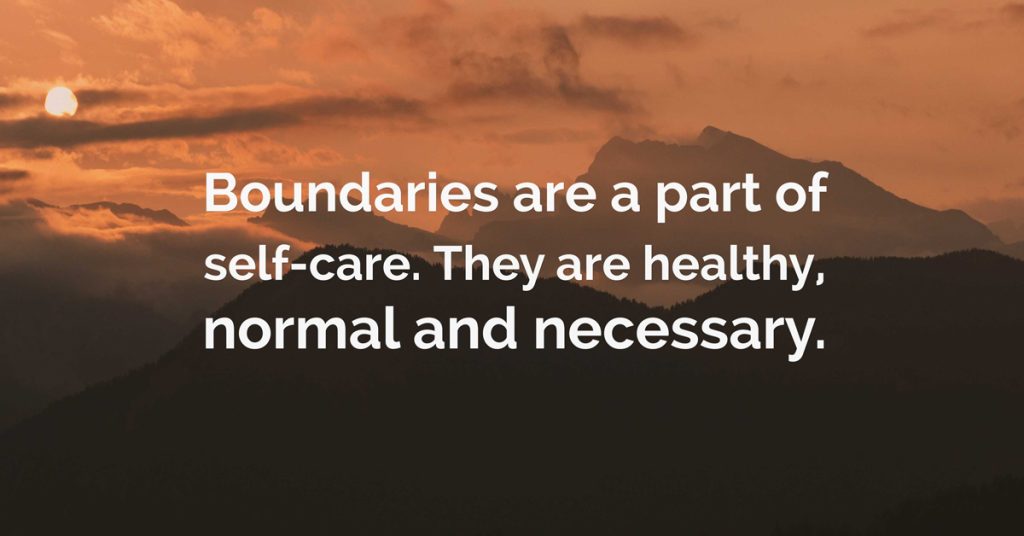


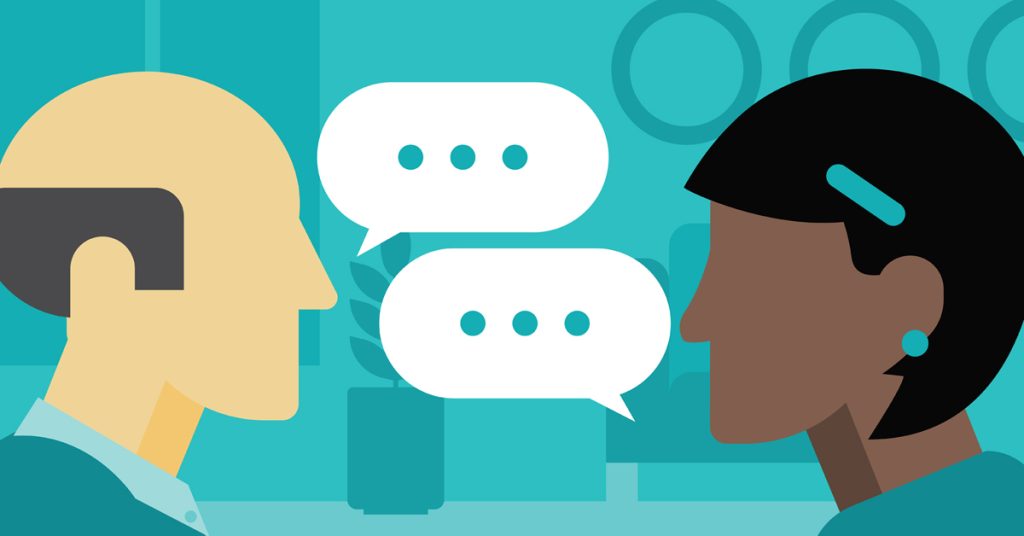
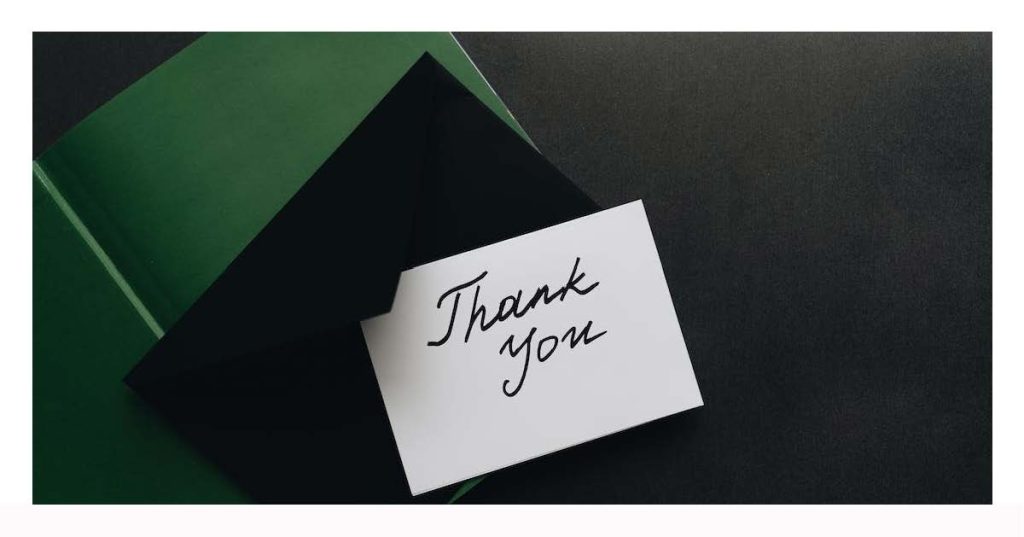


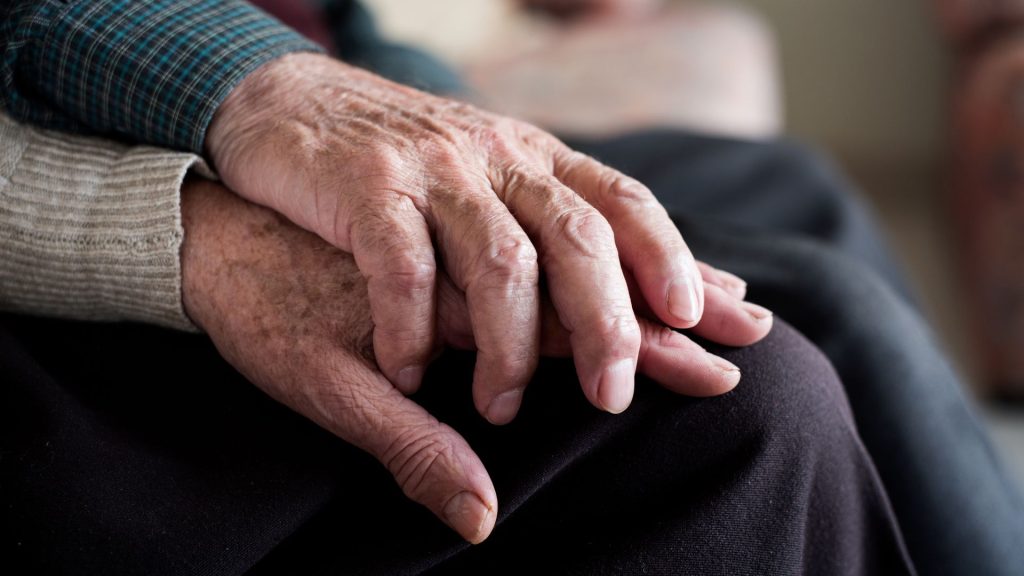

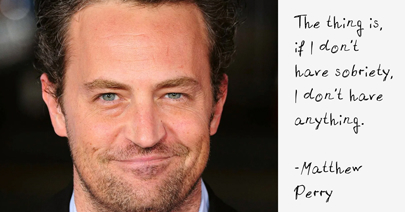


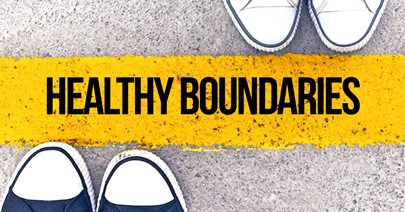

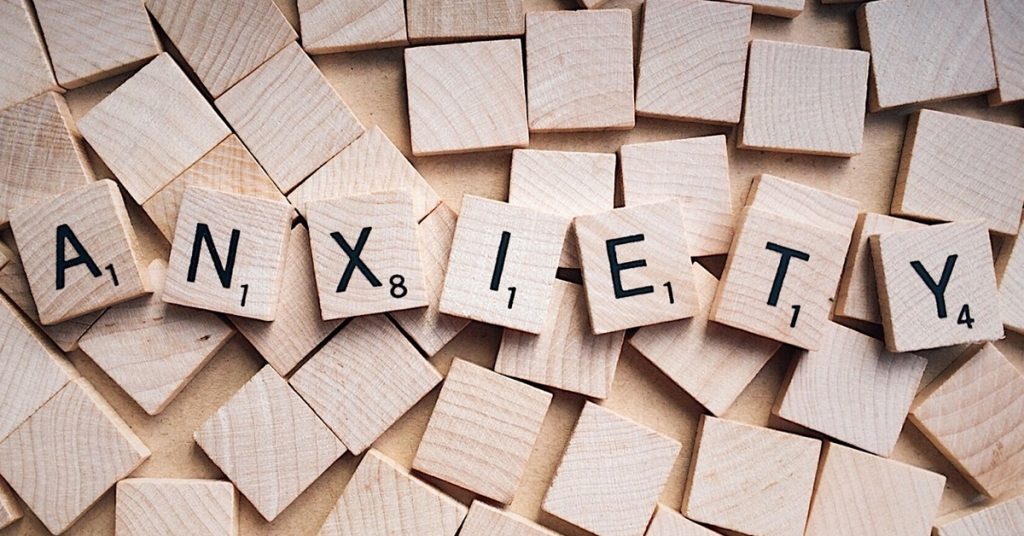

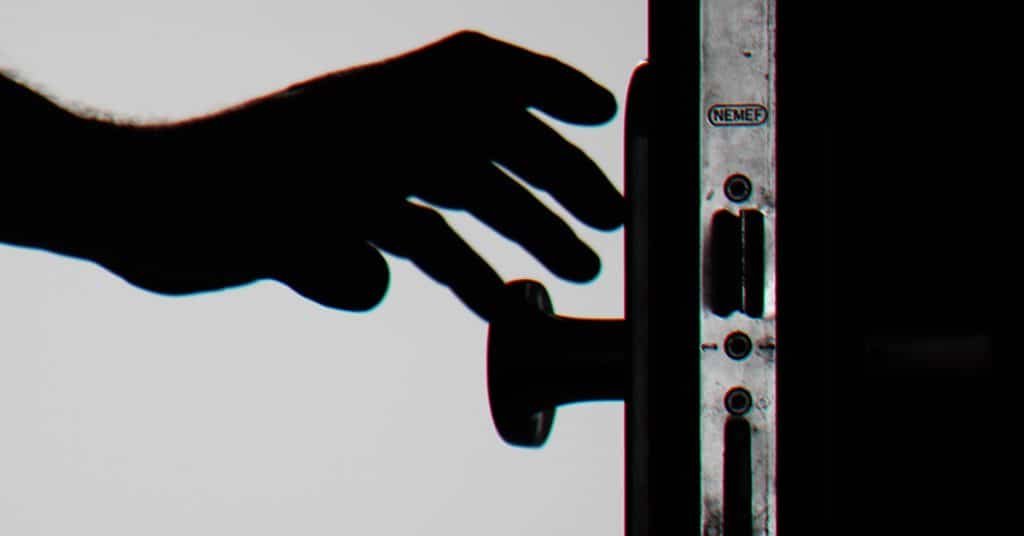
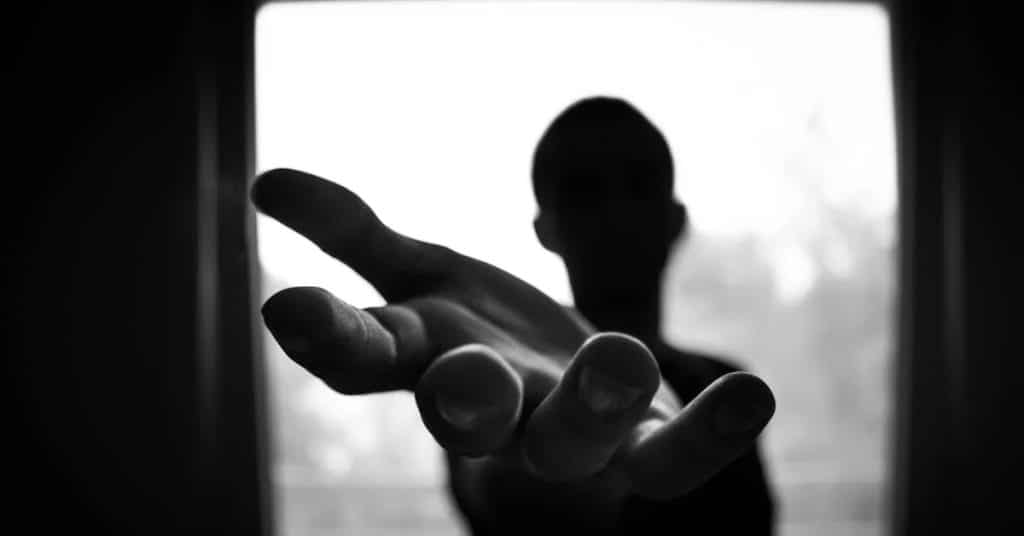


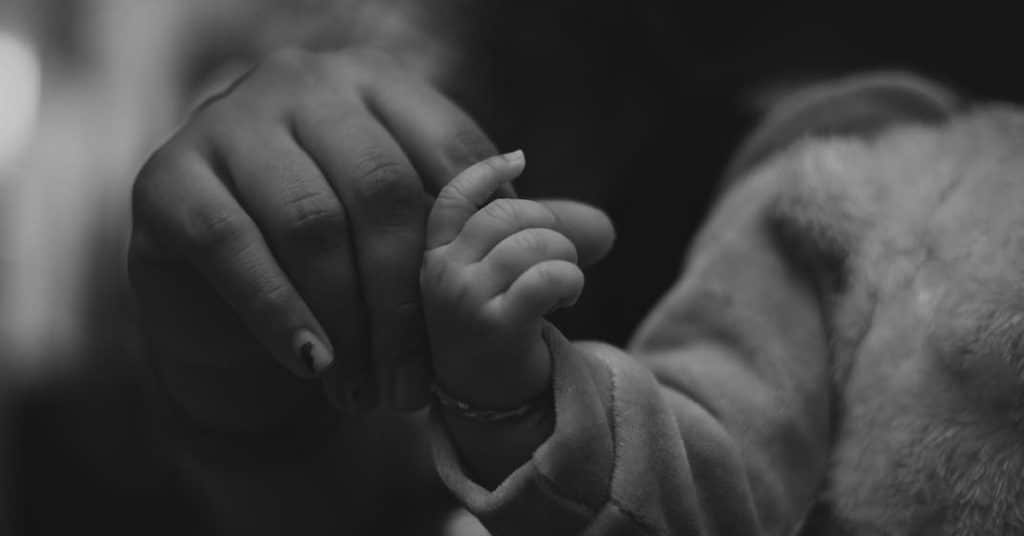

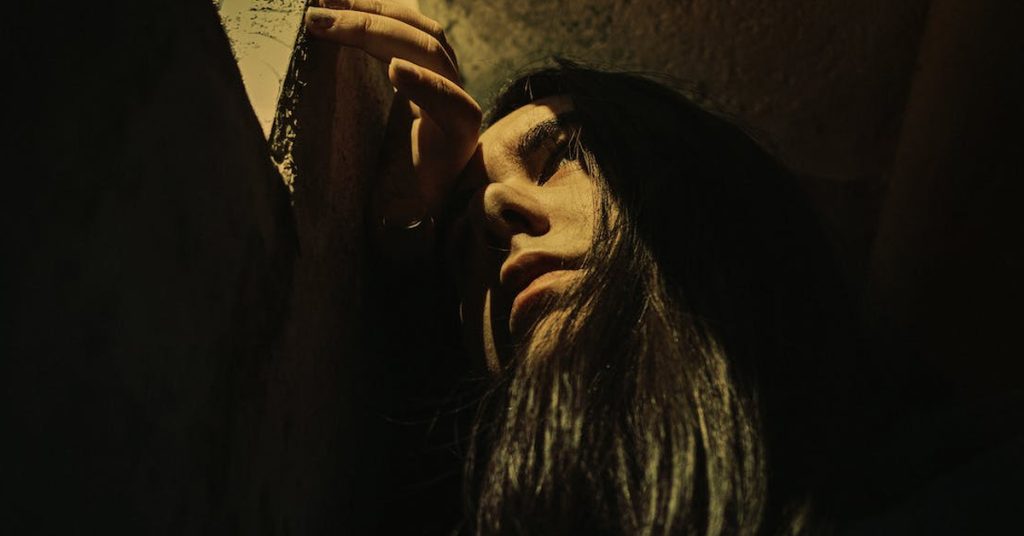

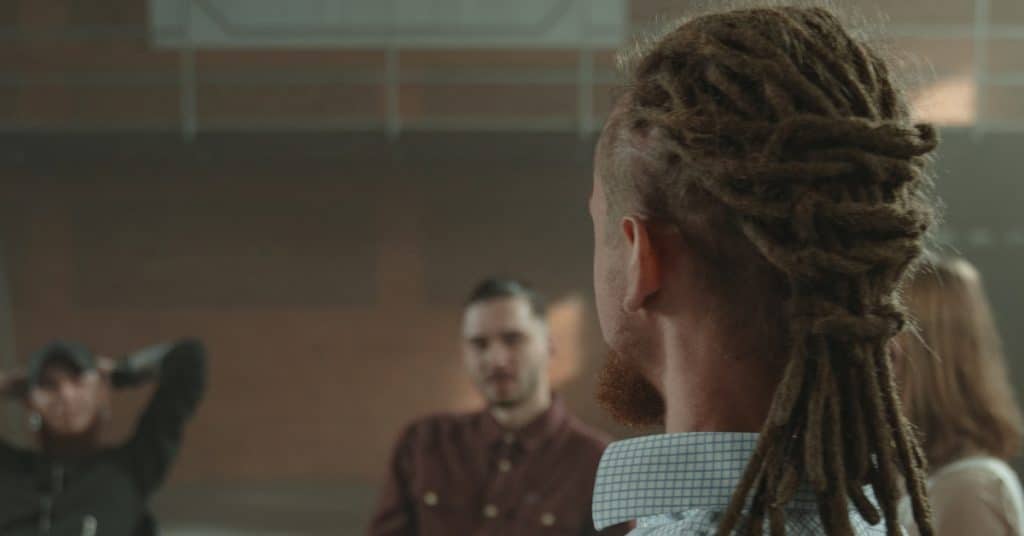



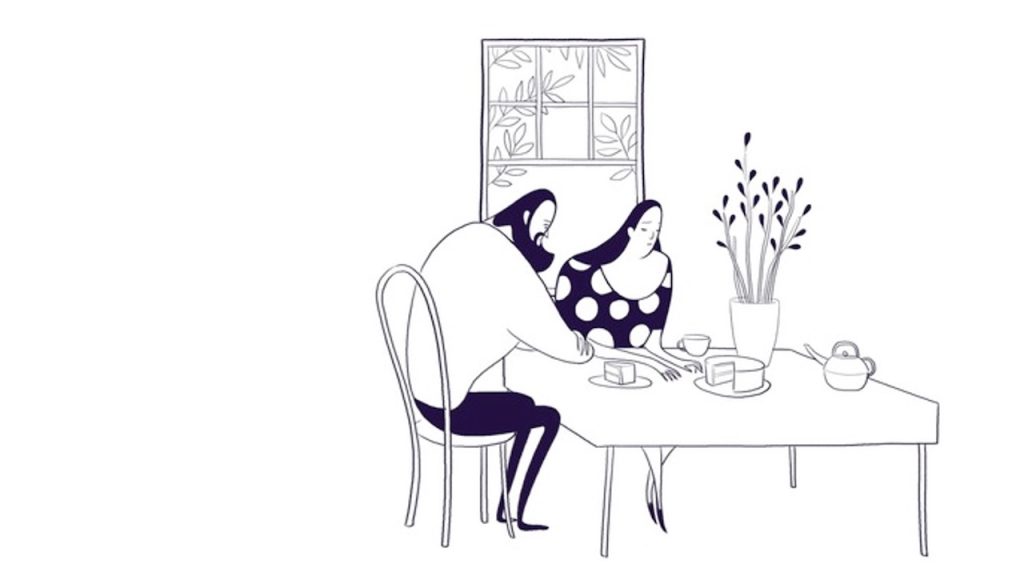



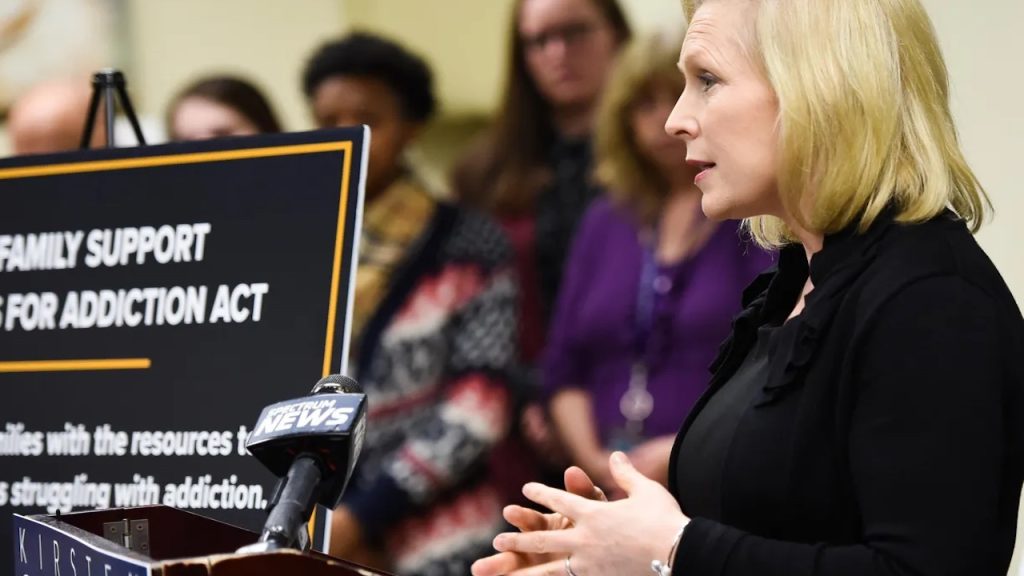

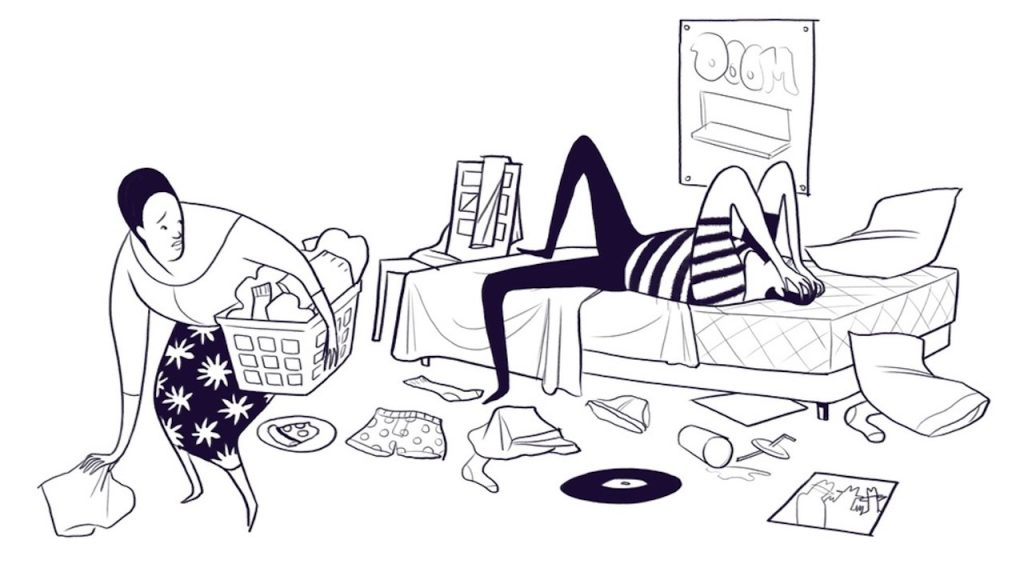
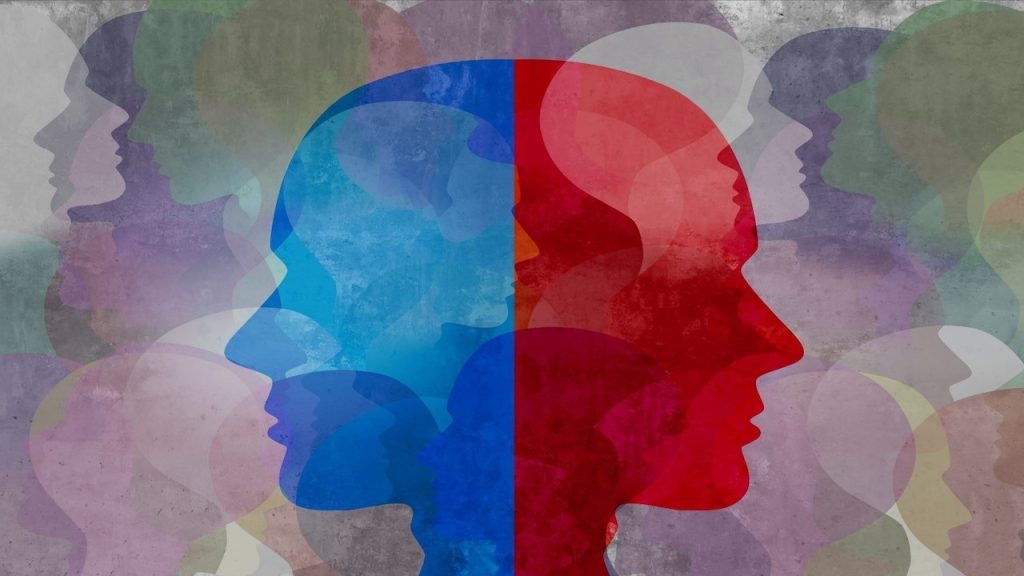

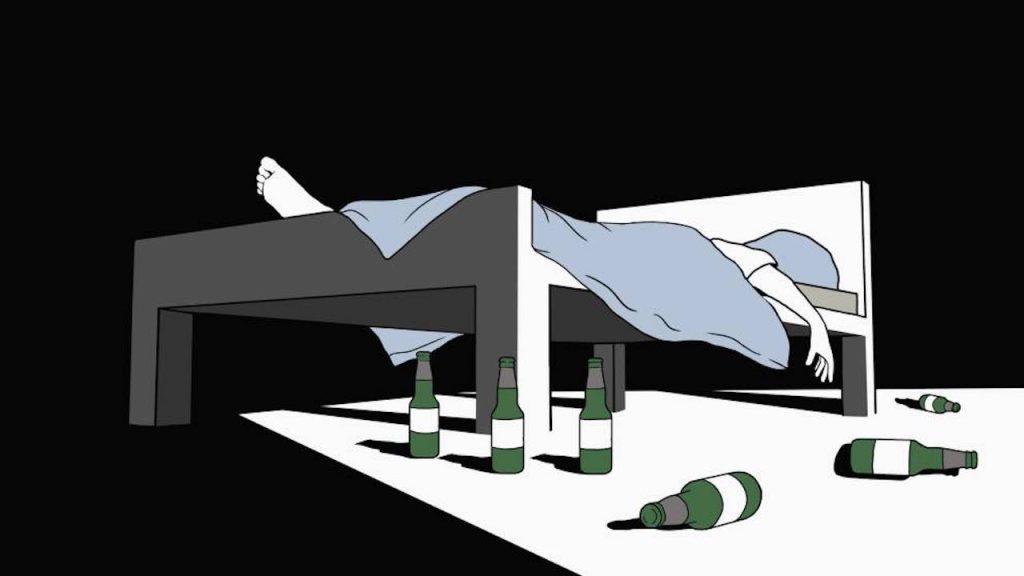


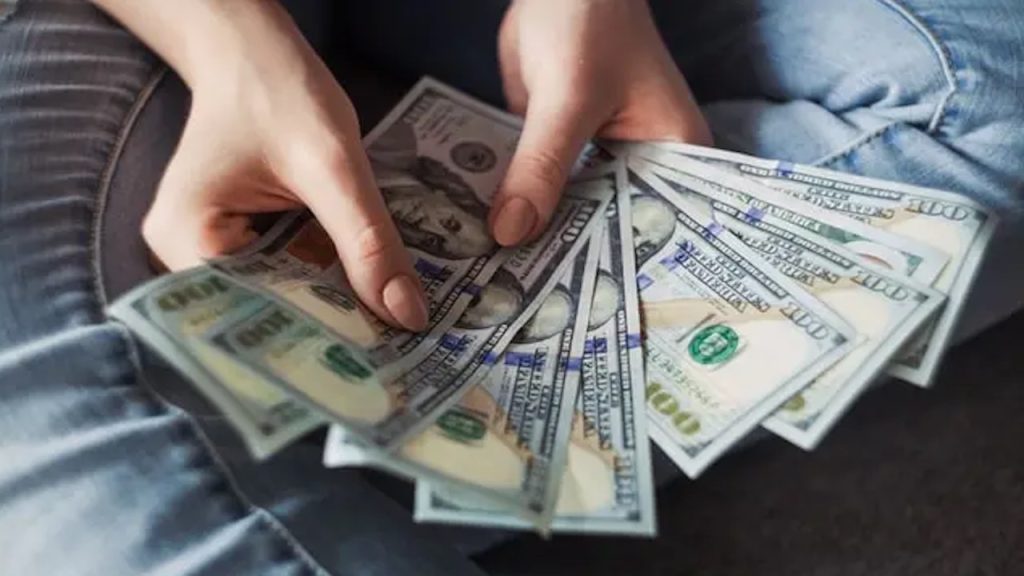
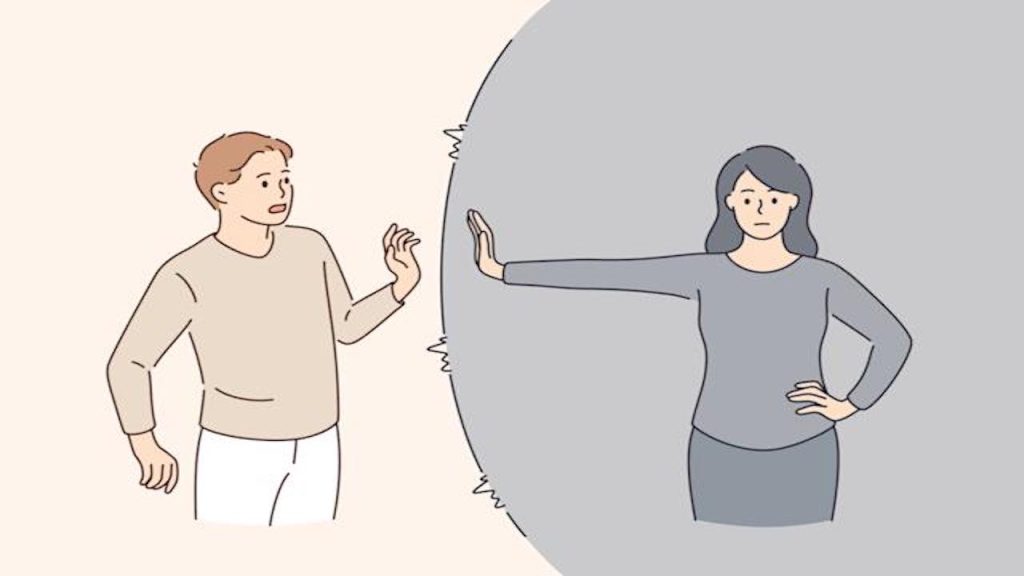

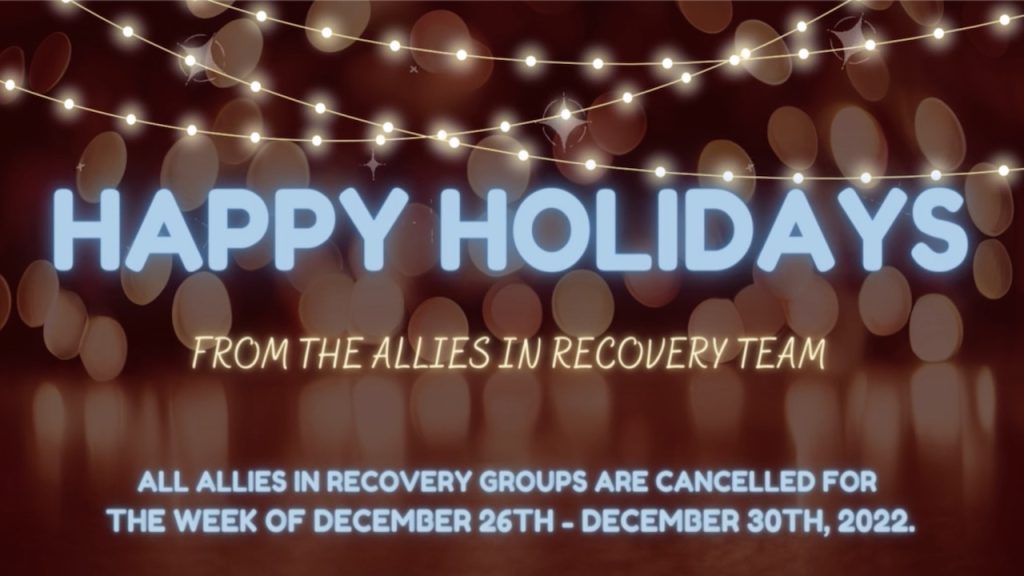
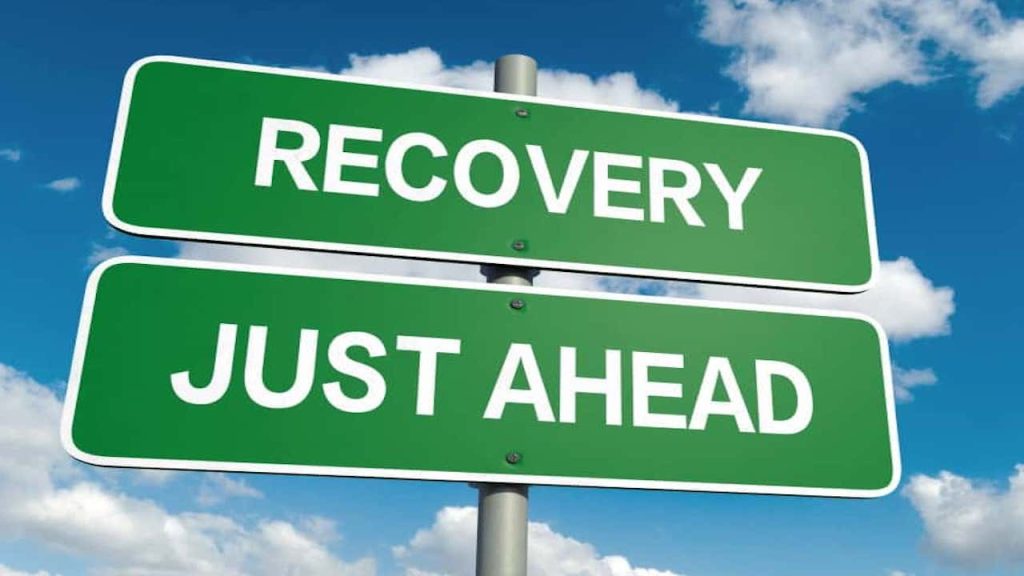
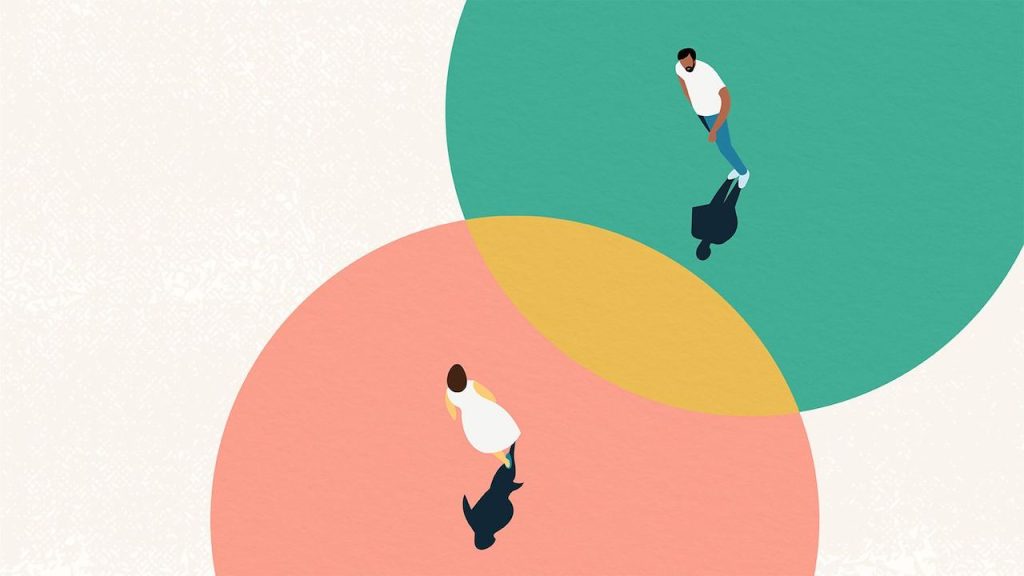

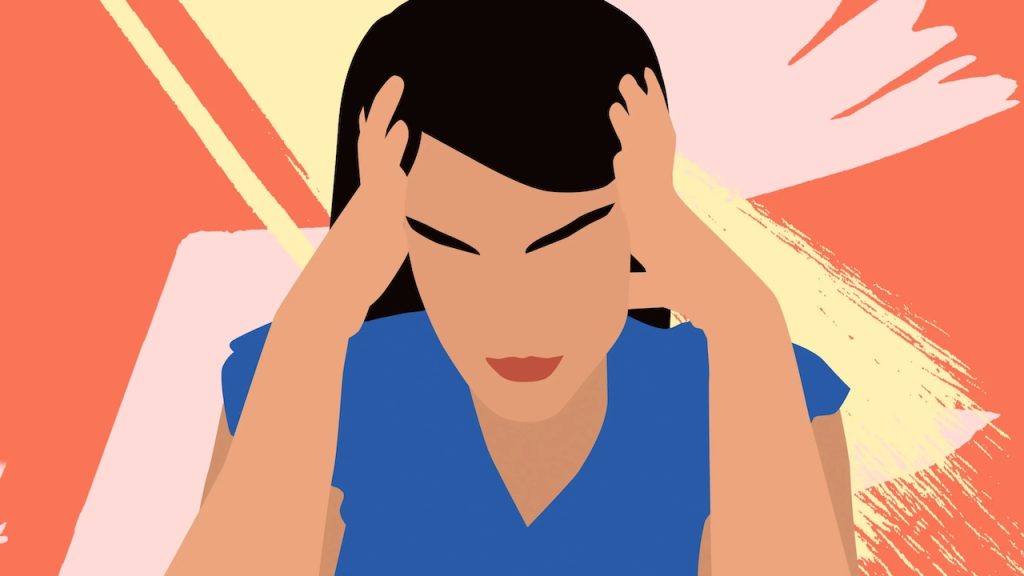
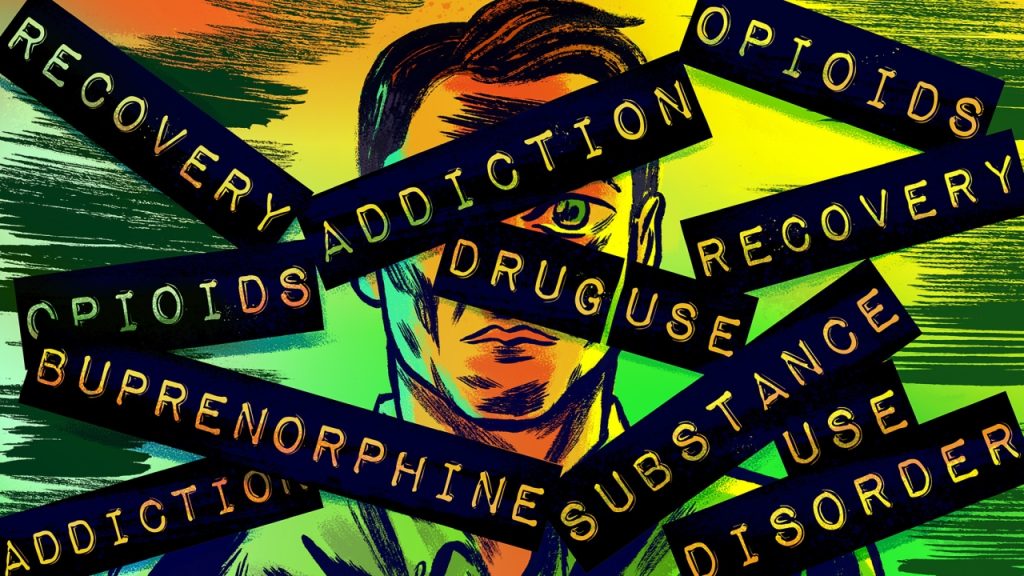

LEAVE A COMMENT / ASK A QUESTION
In your comments, please show respect for each other and do not give advice. Please consider that your choice of words has the power to reduce stigma and change opinions (ie, "person struggling with substance use" vs. "addict", "use" vs. "abuse"...)